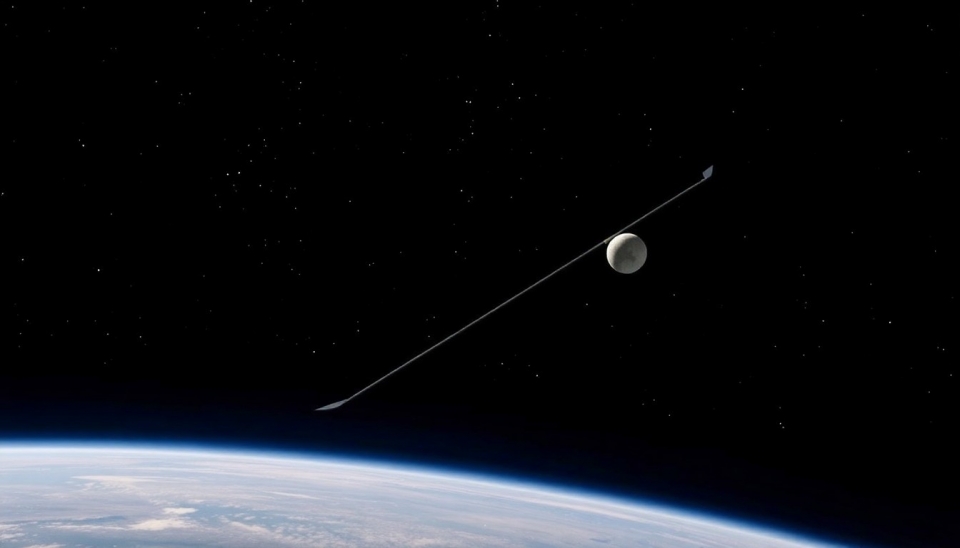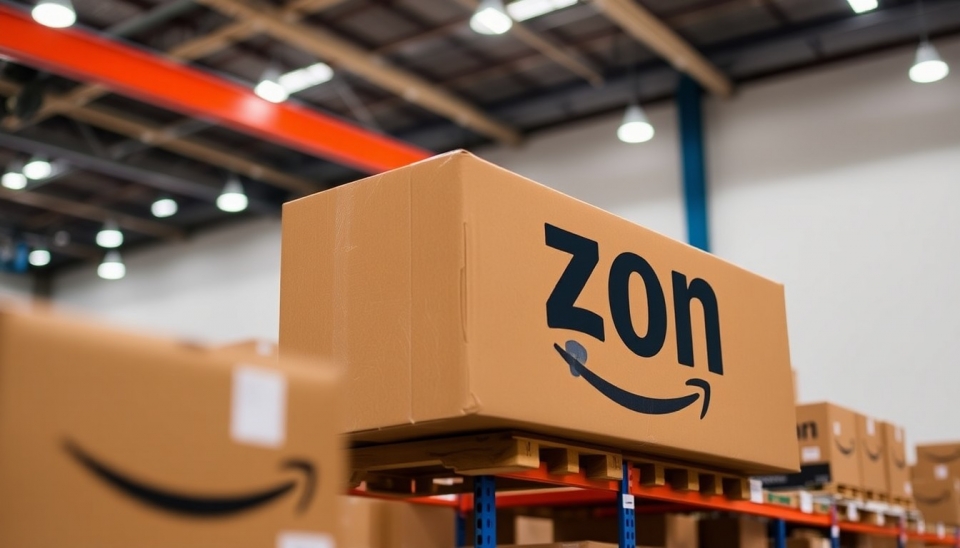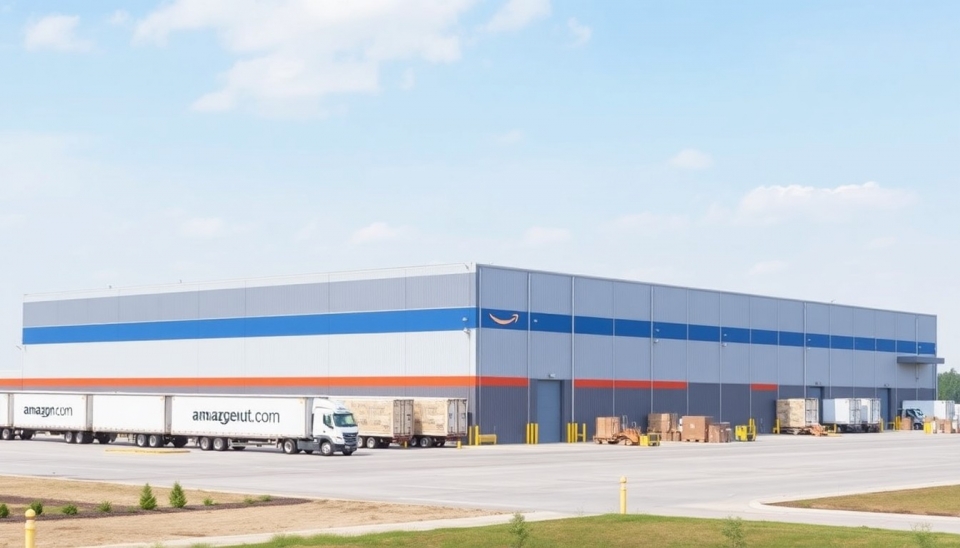
Amazon's initiative, Project Kuiper, which aims to establish a satellite-based internet service, is reportedly encountering significant challenges as it strives to compete with Elon Musk's Starlink. Despite substantial investments and ambitious plans to launch its own constellation of satellites, Project Kuiper is struggling to keep pace with the rapid deployment and increasing user base of Starlink.
Project Kuiper is part of Amazon's broader strategy to provide high-speed internet to underserved regions globally. However, according to sources close to the project, technical issues and delays in satellite launches are hampering progress. The company initially targeted to launch the first batch of its satellites by mid-2023, but these timelines have slipped significantly. As of now, only a minimal number of prototypes have reached orbit.
In contrast, Starlink has already deployed thousands of satellites and gained hundreds of thousands of subscribers worldwide, significantly expanding its market share. Musk's venture has become synonymous with satellite internet, thanks in part to its aggressive rollout and strategic marketing that showcased its capabilities in rural and remote regions.
Industry analysts suggest that Project Kuiper's setbacks stem from both logistical challenges and competition for resources, as satellite launches are largely controlled by a few key players in the aerospace sector. Amazon's reliance on third-party launch providers has also introduced a layer of unpredictability to the project timeline. This predicament is exacerbated by rising costs and regulatory hurdles that continue to plague new entrants in the space.
While Amazon retains its commitment to Project Kuiper, the gap between the two projects raises questions about its future viability. Many stakeholders are closely monitoring the situation, as the success or failure of Project Kuiper could have wider implications for the satellite internet market and the potential for gigabit broadband in rural areas.
To combat these challenges, Amazon has reportedly been ramping up its engineering efforts and exploring alternative launch solutions. The company is also focusing on innovative technological developments that may offer it a distinct competitive advantage as it seeks to carve out its space in a market dominated by Starlink.
Despite the hurdles, Project Kuiper remains a key focus for Amazon. The company has signaled its intent to accelerate its satellite development initiatives and continue investing in infrastructure that may eventually allow it to compete effectively with its rivals.
As the race for satellite internet continues, both Amazon and SpaceX are likely to play pivotal roles in shaping the future of global internet connectivity, particularly for regions that have been historically underserved.
With continued advancements in technology and sustained investment, the landscape of satellite internet could experience significant shifts in the coming years. For now, however, the question remains: can Project Kuiper overcome its challenges and catch up to Starlink’s rapid expansion?
Stay tuned as we bring you further updates on this evolving story in the satellite internet arena.
#Amazon #ProjectKuiper #Starlink #SatelliteInternet #ElonMusk #TechNews #Aerospace #InternetAccess #RuralConnectivity
Author: Liam Carter




